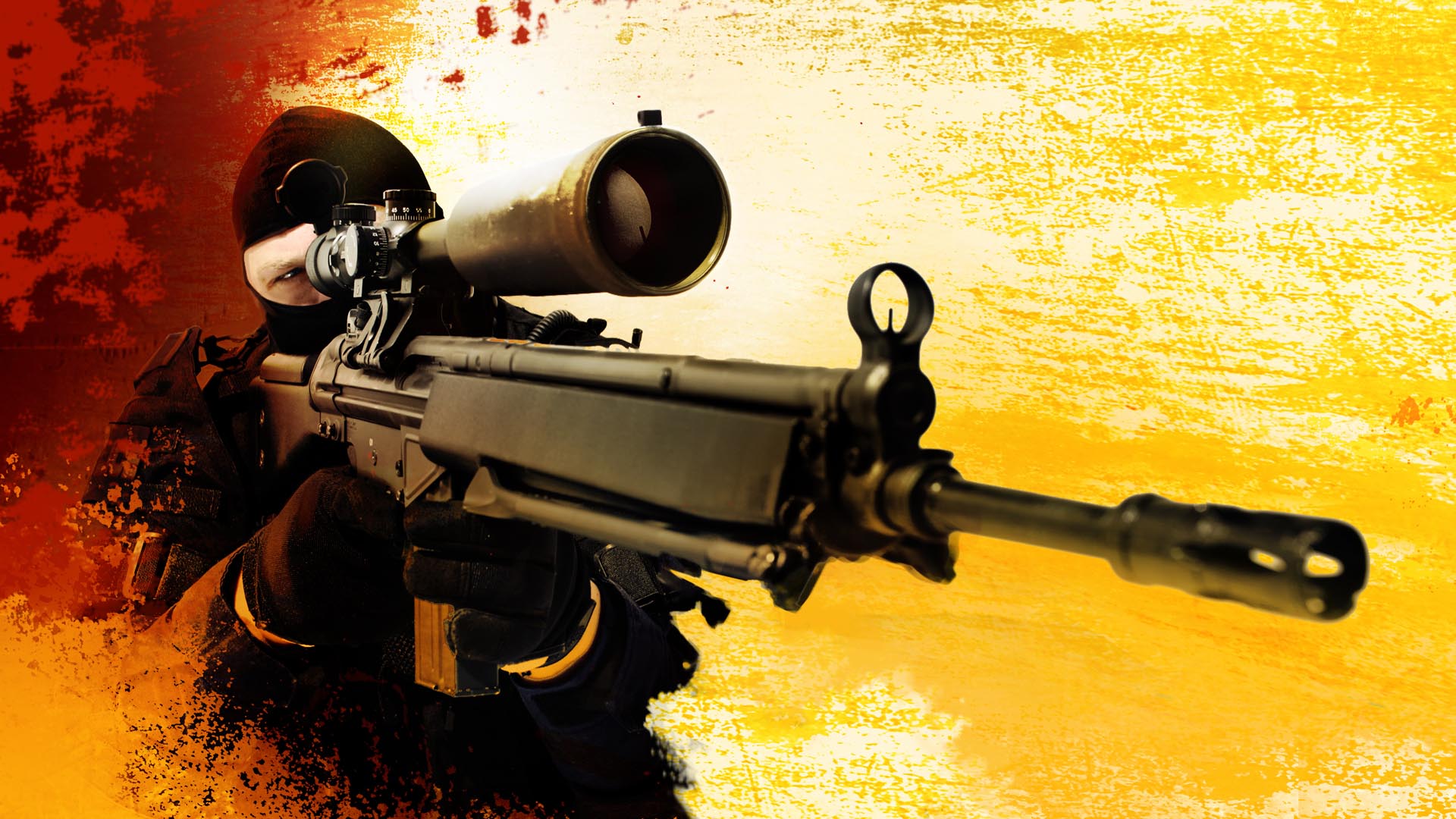365 Days of Insight
Your daily source for news, tips, and perspectives.
Rage Quit or Report? Navigating CSGO's Toxicity Landscape
Explore the fine line between rage quitting and reporting in CSGO. Discover strategies to handle toxicity and enhance your gaming experience!
Understanding the Psychology Behind Rage Quits in CSGO
Understanding the psychology behind rage quits in CSGO is crucial for both players and developers alike. Rage quitting, or the act of abruptly leaving a game due to frustration, often stems from several psychological factors. Firstly, the concept of loss aversion plays a significant role; players are often more sensitive to losses than they are motivated by victories. This imbalance can lead to overwhelming frustration, especially in high-stakes situations where emotions run high. Additionally, the social dynamics of competitive gaming can exacerbate these feelings, as players might feel pressured to perform well not just for themselves, but for their teammates as well. When faced with a series of losses, players may reach a tipping point and choose to rage quit instead of continuing to face defeat.
Another aspect to consider is the impact of online anonymity. The faceless nature of online gaming allows players to express their emotions more freely than they might in real life. This anonymity can lead to heightened aggression and a reduced sense of accountability, making it easier for players to react impulsively when things don’t go their way. Furthermore, the fear of judgment by peers can induce performance anxiety, causing players to lash out when they feel they aren’t playing up to standard. Ultimately, understanding the intricacies behind rage quits can help create a more empathetic gaming environment, opening the door for strategies aimed at reducing the prevalence of this frustrating behavior.

Counter-Strike is a popular first-person shooter video game franchise that emphasizes teamwork and strategy. In the latest installment, players can customize their gameplay experience even further with various CS2 Weapon Skins that enhance their weapons' aesthetics. The competitive scene remains vibrant, attracting millions of players worldwide.
How to Report Toxic Players in CSGO: A Step-by-Step Guide
The online gaming community thrives on fair play and positive interactions. However, when you encounter toxic players in Counter-Strike: Global Offensive (CSGO), it's essential to take action. To report these players effectively, start by observing their behavior during the match. If they are using abusive language, griefing, or otherwise ruining the gaming experience, gather evidence such as screenshots or video clips. Then, proceed to the next steps to ensure that they are held accountable for their actions.
To formally report a toxic player in CSGO, follow these steps:
- Open the Steam overlay during the match by pressing Shift + Tab.
- Navigate to the Player's Profile by clicking on their username.
- Select Report Player from the options available.
- Choose the appropriate reason for the report, whether it be cheating, harassment, or any other violation.
- Submit your report and, if possible, provide additional evidence through screenshots or links.
Is Toxicity Increasing in CSGO? Exploring the Reasons and Solutions
In recent years, many players have raised concerns about the increasing levels of toxicity in Counter-Strike: Global Offensive (CSGO). Factors contributing to this trend include the competitive nature of the game, the anonymity provided by online interactions, and the prevalence of toxic behavior in the gaming community. As more players engage in ranked matches, the pressure to perform can lead to frustration, which often manifests as negativity towards teammates. Furthermore, the influence of social media and streaming platforms can perpetuate toxic attitudes, making it seem acceptable to belittle others when things go wrong.
Addressing the toxicity in CSGO requires a multifaceted approach. First, game developers must continue to improve reporting systems and penalties for toxic behavior, encouraging a more positive gaming environment. Second, implementing community-driven initiatives, such as mentorship programs for new players and promoting in-game etiquette, can foster a culture of respect. Lastly, players themselves should strive to lead by example, cultivating a more supportive atmosphere where collaboration and communication flourish. By working together, both developers and gamers can make strides towards reducing toxicity in CSGO.